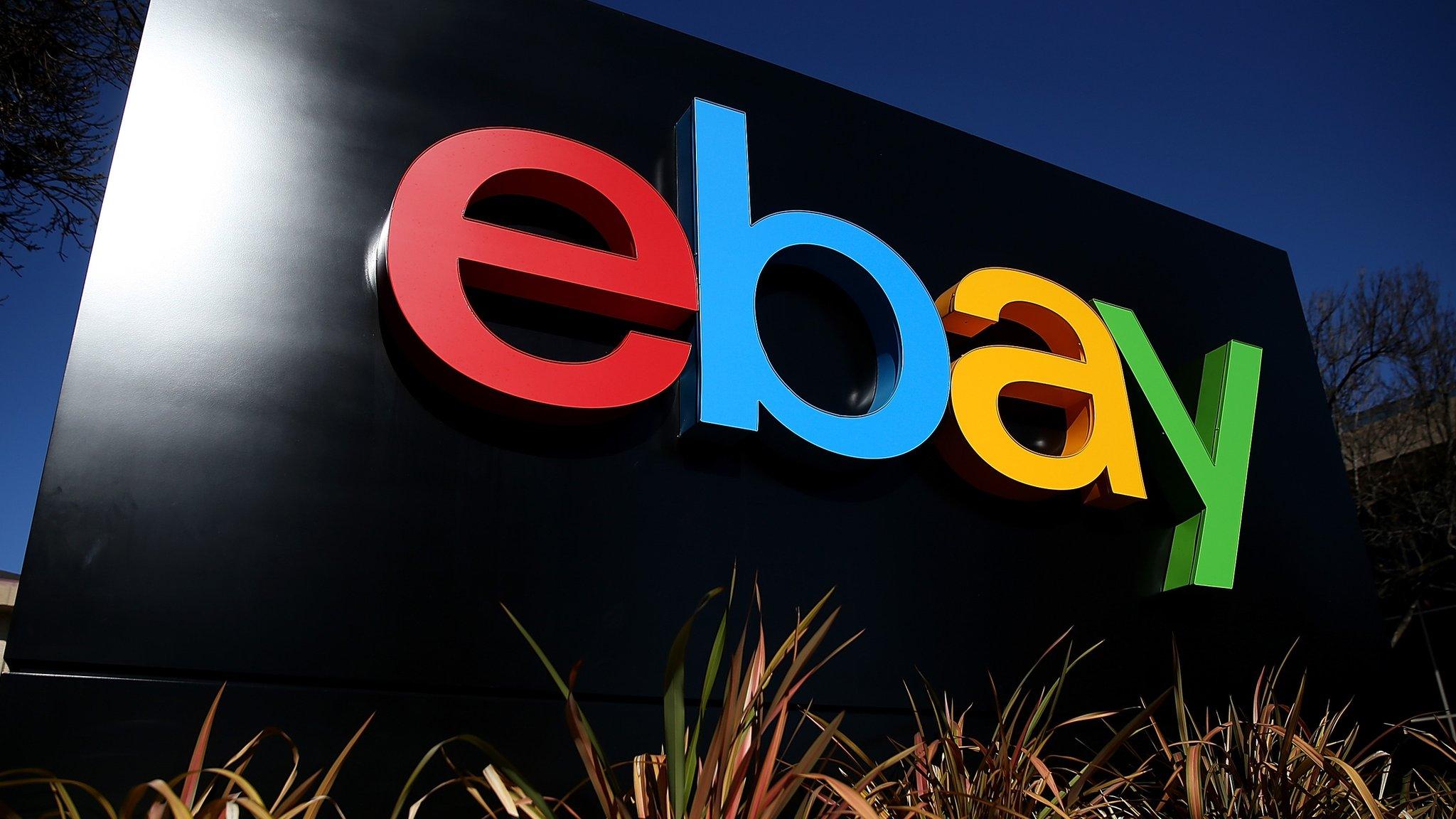Questions over PayPal and eBay robocall policy
- Published

PayPal says that it will allow customers to opt out of some of its new terms and conditions
New user agreements from eBay and PayPal that ask customers to accept automated cold calls have been questioned by New York state attorney general Eric Schneiderman.
His office has asked for more information about the policies, which may break consumer-protection rules.
There has been controversy about the terms and conditions and confusion about how customers opt out of them.
PayPal said that it would work with the attorney general to resolve concerns.
In separate letters to the companies, internet bureau chief Kathleen McGee said that the new user agreements "fail to respect consumer choice and privacy preferences".
PayPal's revised terms and conditions, drawn up before it split from eBay, require users to agree to receiving auto-dialled or pre-recorded calls and text messages from the company and its affiliates.
Customers can be contacted for a wide range of reasons, including surveys, opinion polls or with offers and promotions.
EBay has introduced similar rules, which are due to come into force from next week, while PayPal's start in July.
So-called robocalls - automated cold calls - have proved an annoyance for users and the US's Federal Communications Commission is looking to crack down on them.
Following complaints about imposing the new terms on users, PayPal issued an update saying that anyone wishing to opt out of receiving its marketing calls could do so by calling customer services.
- Published4 June 2015

- Published22 January 2015
